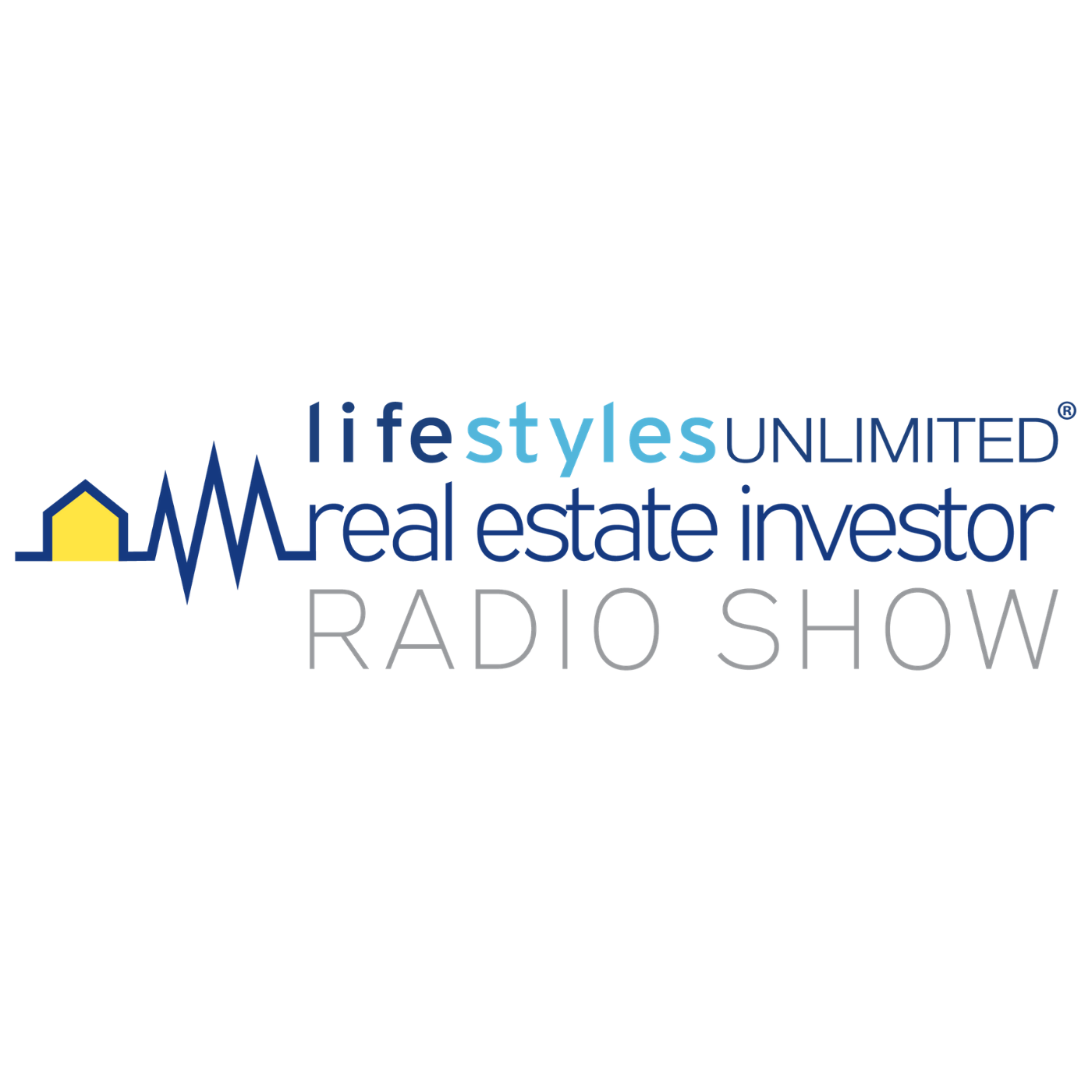Why Decision Fatigue Destroys Real Estate Deals (And How to Beat It)
- Author
- Lifestyles Unlimited®
- Published
- Fri 11 Jul 2025
- Episode Link
- https://lifestylesunlimited.com/lifestyles-unlimited-radio-show/decision-fatigue-real-estate-investors
"After a long day, what have you been doing? Nothing but making decisions about what to wear, what to feed the kids, how to get to work. And I have these investments in front of me and your mind is just worn out and you cannot decide."
You make 35,000 decisions every single day. By evening, your brain is exhausted—and that's exactly when the best investment opportunities land in your inbox. Three houses. Different markets. Different returns. Which one do you choose?
If you're like most investors, you'll spend an hour analyzing, comparing, second-guessing... until someone else swoops in and takes the deal. What just happened? You encountered decision fatigue—the silent killer of real estate wealth.
What You'll Discover
Andy Webb, real estate investor and host, breaks down the psychology behind decision fatigue and reveals why successful investors think differently about choices. You'll discover why perfectionism is the enemy of wealth building, how clear investment criteria eliminate wheel-spinning, and the specific strategies that help you move fast when opportunities arrive.
Key Timestamps
06:00 What decision fatigue really is - The Cleveland Clinic definition and how making thousands of daily choices physically, mentally, and emotionally drains you
16:00 Why real estate moves very fast - Despite broader market reports, the percentage share of investor-bought properties in the first quarter has actually increased
18:50 Investment criteria eliminates choices - How clear parameters like eighties-or-newer properties or minimum equity capture targets rule out deals immediately
27:00 Why perfectionism kills deals - How searching for the "most optimal solution" causes missed opportunities when houses move very fast
28:00 The five ways real estate makes money - Equity capture, cash flow, equity buildup, appreciation, and tax advantages with specific house examples
FAQs
How many decisions do we really make per day?
Estimates say we make somewhere between 33,000 and 35,000 decisions per day. If you net out time spent sleeping, it equates to about 2,000 per hour, which is about one every couple of seconds. Many of these are automatic, occur simultaneously, or happen in our subconscious, but the active decisions with more weight pile up throughout the day.
What are the warning signs of decision fatigue?
The most common sign is procrastination - putting off decisions and avoiding them altogether. You may also experience impulsivity, swinging from avoiding decisions to just making a decision to get it done. Physical symptoms include headaches, tension in shoulders, tired eyes, exhaustion and brain fog. You may also become overwhelmed and irritable, and experience regret after finally making a decision.
How do you overcome decision fatigue in real estate investing?
Have very clear, specific goals and investment criteria including cashflow requirements, equity capture targets, and property age preferences. Make big decisions in the morning when you're fresh. Delegate decisions to contractors and other professionals. Use education and mentorship to avoid shooting from the hip. Follow checklists and proven systems rather than reinventing the process for each property.
Ready? Follow the Roadmap Today
Tired of decision fatigue killing your investment opportunities? You don't have to figure this out alone. The systematic approach Andy shares can help you move from analysis paralysis to confident action.
Join our FREE Real Estate Investing Workshop - Learn the fundamentals of locating, evaluating, and financing your first rental property.
Explore Real Member Case Studies - See actual numbers and results from current Lifestyles Unlimited members who started exactly where you are today.
Get Your Lifestyles Unlimited Membership - Access comprehensive real estate education, mentorship, and the proven system that's helped thousands achieve financial freedom.
Connect With Us
Facebook | YouTube | Instagram | LinkedIn | TikTok
The information and opinions on the Lifestyles Unlimited Real Estate Investor Radio Show are for entertainment purposes only and do not constitute investment advice. Please consult a professional regarding your personal investment needs.
